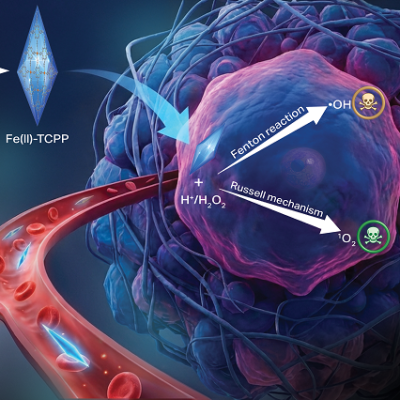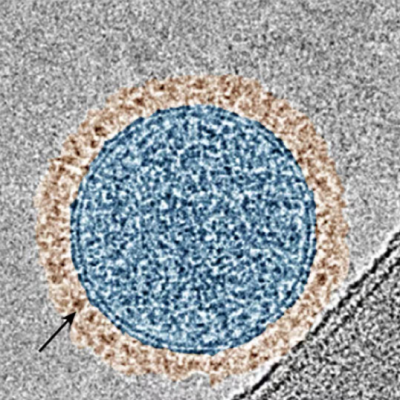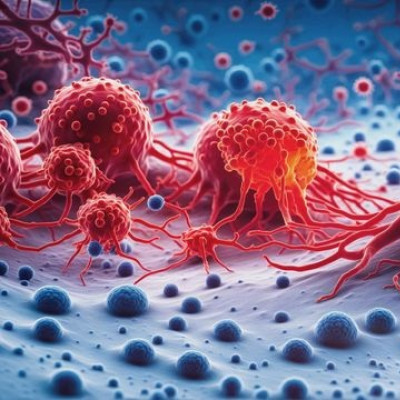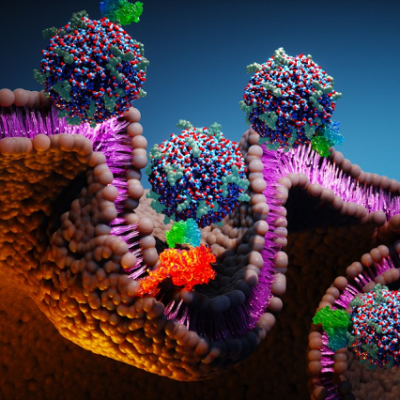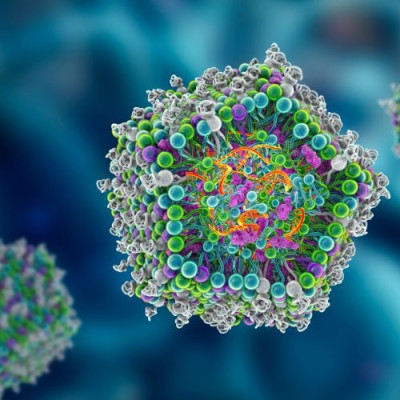Understanding EVO Loaded BSA Nanoparticles
These nanoparticles are specially designed to carry EVO – an anticancer drug – directly to the cancer cells, thereby improving the therapeutic potential of the drug while minimizing side effects. The particles are made of BSA (bovine serum albumin), a protein that is biocompatible, biodegradable, and has a strong ability to bind with various drugs. The EVO is encapsulated within these particles, ready to be released in a controlled manner when they reach the target cells.
Physicochemical Properties and Encapsulation
Understanding the physicochemical properties of these nanoparticles is crucial for determining their behavior in biological systems. These characteristics, along with the encapsulation and release of the EVO drug, were thoroughly investigated in a series of studies. The particles were found to have a favorable size and surface charge, which are critical for effective drug delivery. Furthermore, the encapsulation process was found to be highly efficient, allowing for a high drug-loading capacity.
Enhanced Anticancer Activity
In vitro studies on human breast cancer cells have shown promising results. The ENPs demonstrated enhanced anticancer activity compared to EVO alone, indicating their potential as an ideal nanocarrier to enhance the therapeutic potential of EVO. This is a significant finding, as improving the efficacy of anticancer drugs is a primary goal in cancer research.
Apoptotic Effects and Mechanism of Action
The study also shed light on the apoptotic effects and mechanism of action of ENPs on breast cancer cells. Apoptosis, or programmed cell death, is a crucial process in cancer treatment, as it can lead to the destruction of cancer cells. The ENPs were found to induce apoptosis in the cancer cells, further adding to their therapeutic potential.
Targeted Drug Delivery and Improved Efficacy
Another noteworthy aspect of these nanoparticles is their ability for targeted drug delivery. This means that the drug can be delivered directly to the cancer cells, thereby reducing the impact on healthy cells and improving the overall effectiveness of the treatment. This targeted approach, coupled with the enhanced efficacy of the encapsulated EVO, could potentially revolutionize cancer therapy.
Stimuli-Responsive Polymeric Nanomedicines
It is worth noting that this is not the only advancement in nanomedicine. Other studies have explored the use of stimuli-responsive polymeric nanomedicines for cancer immunotherapy. This dynamic approach focuses on the tumor microenvironment as a target for intelligent drug delivery, which could potentially enhance the efficacy of cancer immunotherapy and overcome its associated limitations.
Conclusion
The use of EVO loaded BSA nanoparticles represents a significant step forward in the field of targeted anticancer therapy. The promising results from the in vitro studies on human breast cancer cells, as well as the potential for improved drug delivery and efficacy, make this an area worth watching. As researchers continue to explore and refine this technology, we can hope for more effective and less harmful cancer treatments in the future.
Read the original article on Medriva.


